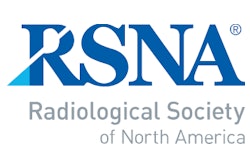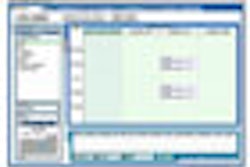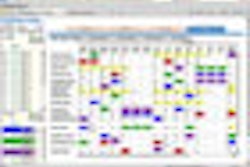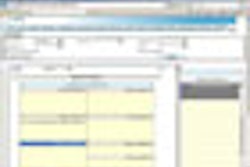(Booth 7713) Siemens Medical Solutions of Malvern, PA, will give visitors to its RSNA booth a look at its REMIND platform, a data-mining tool that enables clinicians to search and sort through various types of data in patient records.
REMIND is an acronym for Reliable Extraction and Meaningful Inference from Nonstructured Data. The platform, which began shipping in 2006, offers data extraction (natural language processing or proteomic analysis), data combination, and probabilistic inference. REMIND searches through all patient records analyzing information in an unstructured and structured form.
At RSNA, Siemens will show two different applications based on REMIND. The first REMIND-powered application, Soarian Quality Measures, is a new tool to support quality improvement by replacing manual chart reviews with automated chart abstraction of quality measures. It combines all available patient data, including free text in clinicians' notes, to capture a provider's compliance with accepted practices to improve quality of care.
Siemens also will show a work-in-progress application called REMIND Clinical Decision Support (CDS), which is under development in collaboration with radiation oncology treatment center Maastricht Radiation Oncology in the Netherlands. REMIND CDS is designed to help physicians personalize therapy plans by predicting therapy outcomes and side effects in lung cancer patients undergoing therapy. REMIND CDS also will be configured to leverage all available electronic information in the patient record, including demographics, clinical factors, imaging information, treatment plans, delivered treatment, genomics, and proteomics.
Also, Siemens will display its Soarian Clinicals software, which combines clinical information system components to provide a clinical information solution for acute care hospitals. With a workflow engine that simultaneously pushes multiple tasks to multiple people, Soarian Clinicals presents clinicians with alerts and reminders, and helps to coordinate teamwork among clinicians by allocating tasks and adjusting to changes in patient conditions.
The company's Soarian Cardiology cardiovascular information system (CVIS) is designed to collect, store, organize, retrieve, and analyze cardiovascular information, and share it via the Internet. The software offers a cardiology clinical repository, workflow management technology, documentation, and reporting tools.



















